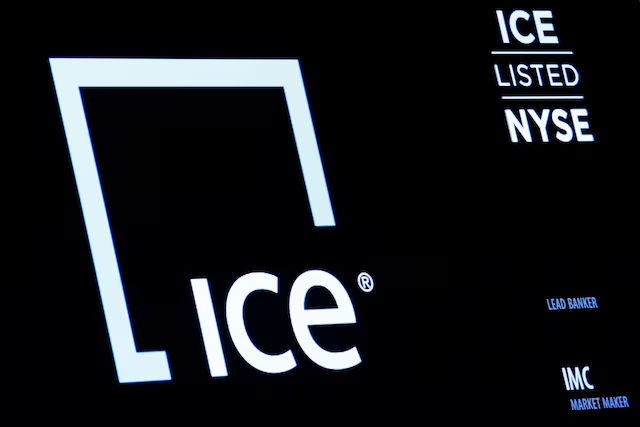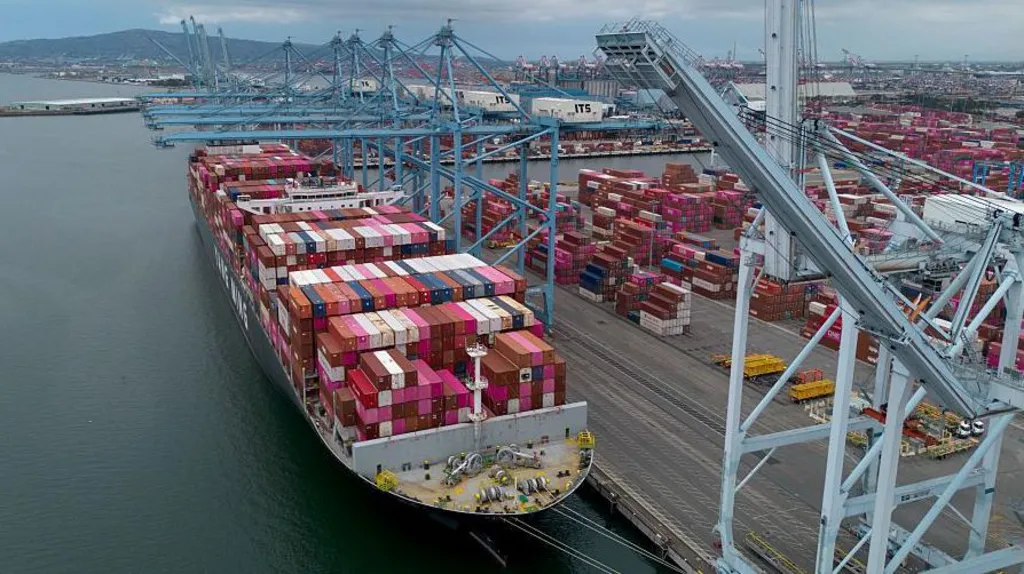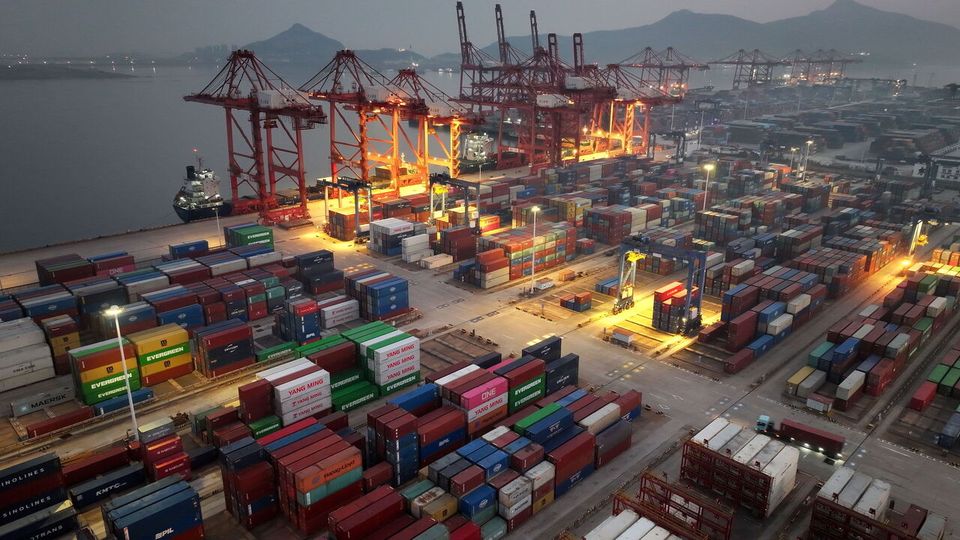As trade tensions between the United States and China intensify, Chinese eCommerce platforms Temu and Shein are working to expand their presence in European markets.
However, despite new tariffs and the end of the US “de minimis” exemption, these companies remain heavily invested in the American market, which continues to drive the bulk of their revenues.
The “de minimis” exemption, which previously allowed US consumers to import goods worth under $800 without paying duties, was a key factor in the business models of platforms like Temu. The US revoked the rule on May 2 as part of broader tariff measures targeting Chinese imports. In the immediate aftermath, Temu reportedly lost 58% of its US daily users, according to Sensor Tower data cited by Reuters.
Further compounding the impact, Bain & Company found that Temu’s sales and customer growth sharply declined following the tariff announcement. Temu’s parent company, PDD Holdings, reported a 38% year-over-year profit drop in the first quarter, attributing much of the decline to tariff-related disruptions.
Temu has taken several steps in response. The company has revised its logistics model by encouraging factories to ship goods in bulk to US warehouses under a “half-custody” system. More than a third of Temu’s US orders are now fulfilled from domestic inventory, which has led to price increases and diminished price competitiveness. Paid advertising was also significantly scaled back, leading to an 80% drop in US paid search traffic by mid-April.
Nevertheless, Temu and Shein are not walking away from the US market. For many merchants, the US remains the most profitable option despite the growing challenges. Huang Lun, a Guangzhou-based entrepreneur whose company relies on US sales for 70% of its revenue, initially redirected attention to Europe and Australia but soon refocused on America after some tariffs were temporarily suspended.
Merchants face steep obstacles in Europe, including fragmented regulatory environments, complex VAT systems, and varying language requirements. Roy Chen, who sells smoke detectors through Amazon and his own website, described the European expansion process as “hell mode.” Despite his initial intentions to diversify away from the US, he eventually returned to the American market due to its relative simplicity and profit potential.
Platforms like Shein and Temu have attempted to replicate their US growth strategies in Europe. Advertising volumes for both surged in European markets in recent months, with Temu’s ad spending in Europe rising twelvefold in April compared to the previous year. Subsidies on shipping and purchases have been introduced to attract consumers and sellers. However, Chinese merchants remain cautious. Interviews with several vendors indicate that these incentives have not been compelling enough to shift significant resources to Europe.
Meanwhile, European regulators are tightening scrutiny. The European Commission is investigating Temu for potential violations involving illegal products and misleading design tactics. Shein has also come under fire for alleged deceptive discounting and sustainability claims. Authorities cite safety concerns, noting that a vast majority of tested products from Asian eCommerce platforms fail to meet local standards. Efforts are underway in the EU and UK to reevaluate de minimis thresholds, increase inspections, and introduce tools such as digital product passports.
Despite the regulatory hurdles, both platforms continue to invest in their European infrastructure. Temu has signed a memorandum of understanding with DHL to enhance logistics, and aims to fulfill 80% of its European sales from local sellers by the end of 2025. Shein has pledged $15 million toward safety and compliance measures this year.
While Europe offers long-term growth potential, the complexity of operating there means that for now, most Chinese eCommerce firms remain focused on maintaining their foothold in the US.
“Exploring other markets is important too, but not urgent,” said Wang Xin of the Shenzhen Cross-border E-commerce Association. “Getting cash flows and surviving—that’s the most important and urgent thing now.”










The latest news in your social feeds
Subscribe to our social media platforms to stay tuned